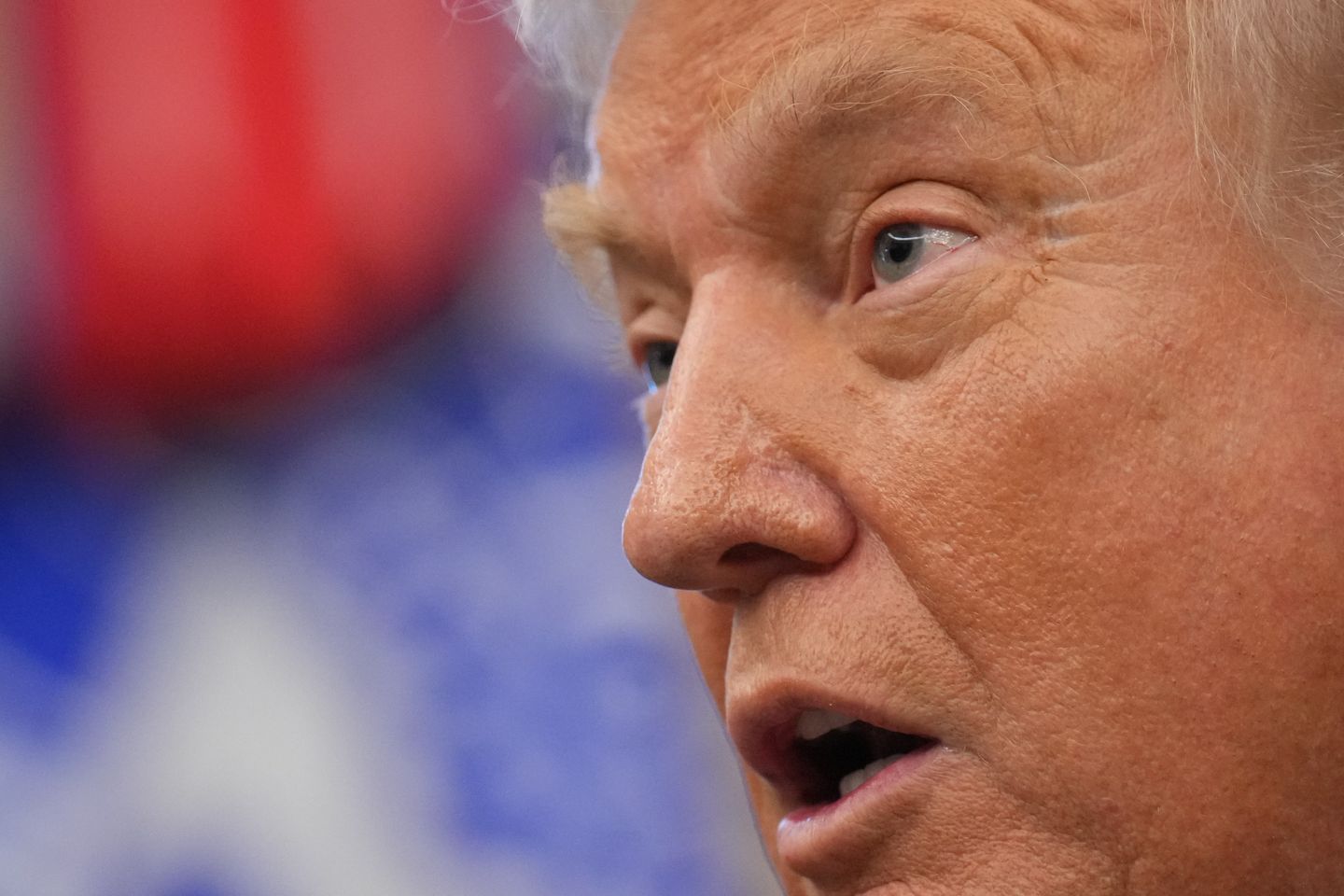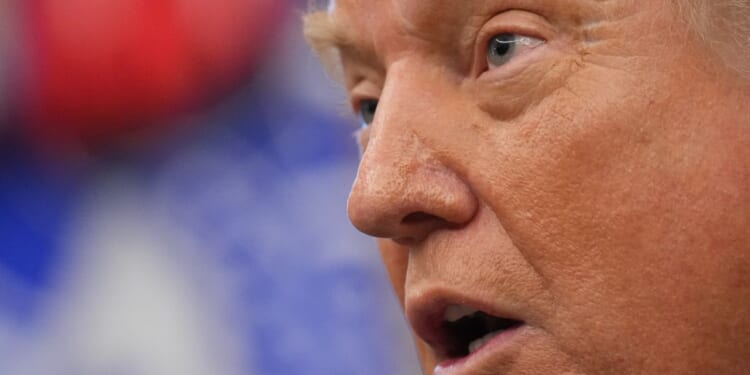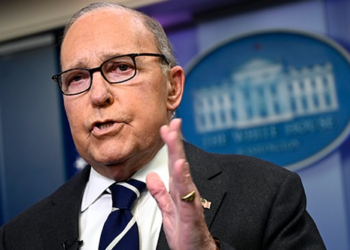
President Trump said Monday he is eyeing plans to lower tariffs on countries like India and Switzerland, citing progress in negotiations, even as the Supreme Court considers a case that could upend his trade agenda.
Mr. Trump said India, which faces a whopping 50% tariff on goods its producers send to the U.S., has curtailed its purchases of Russian oil and will see relief.
“We’re gonna be bringing the tariffs down on India,” Mr. Trump said in the Oval Office. “At some point, we’re going to be bringing them down.”
Mr. Trump also said he is working with Switzerland on a deal that would bring down its 39% tariff rate.
“We hit Switzerland very hard. We want Switzerland to remain successful,” Mr. Trump said. “It’s a small country but economically very big, so we’re working on something.”
Switzerland, home to major drugmakers, banks and watchmakers, was taken aback by Mr. Trump’s high tariff on its goods.
Mr. Trump is basing his tariff levels in part on the difference between how much a country sells to the U.S. and how much less that nation buys from American producers. The U.S. trade deficit with Switzerland was $38.3 billion in 2024.
Swiss negotiators are trying to work out a deal with Mr. Trump that lowers the tariff rate to 15%, according to wire reports. Other countries negotiated down their tariff rates by promising to invest in the U.S. or purchase large amounts of U.S. farm goods and aerospace products.
Mr. Trump is imposing tariffs, or duties on foreign goods brought to U.S. markets, to gain leverage over other nations, protect U.S. industries and create revenue for the Treasury.
Small businesses sued over Mr. Trump’s use of a 1977 law to impose nation-by-nation tariffs, saying he unlawfully usurped taxing powers that rest with Congress.
The justices were skeptical of the administration’s defense of the tariff structure during recent oral arguments.
Mr. Trump says an adverse ruling would be a catastrophe because it might unwind deals that benefit the U.S.
“It would be an economic disaster, it would be a national security disaster, if we lost the case in the Supreme Court,” Mr. Trump said Monday.
Critics of Mr. Trump’s tariff framework say it increases costs for Americans who import goods and must pay the duties to customs. In some cases, the cost is passed along to consumers.
Mr. Trump and Republican allies are considering a plan that would take some tariff revenue and distribute it to low- and middle-income Americans.
“We’re going to issue a dividend to our middle-income people and lower-income people, about $2,000. And we’re going to use the remaining tariffs to lower our debt,” Mr. Trump said.
The proposal would require an act of Congress.
Sen. Josh Hawley, Missouri Republican, earlier this year introduced legislation to give $600 tariff rebates to nearly all Americans and their children.










